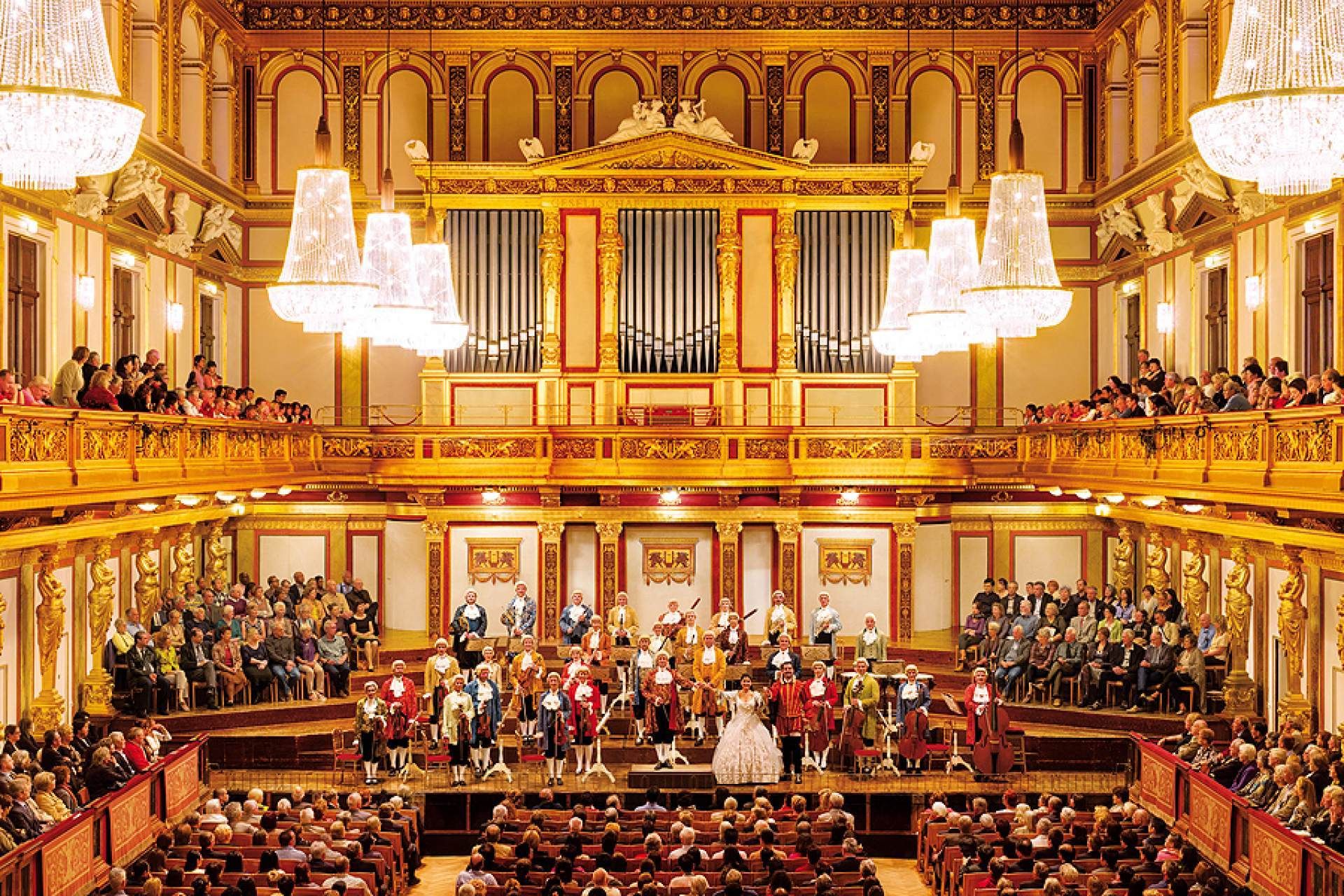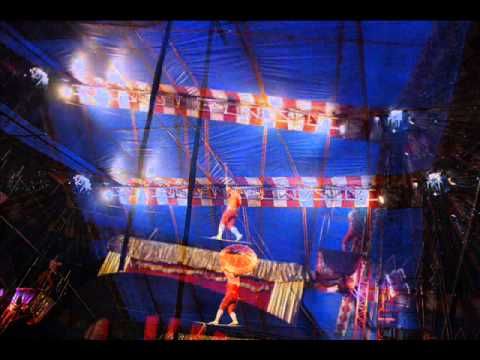When we think of opera performances, we often focus on the powerful voices and dramatic acting of the singers. However, one component that is just as essential to the overall experience is the orchestra. The orchestra provides the musical backdrop that brings the performance to life, setting the mood, enhancing emotions, and guiding the audience through the story.
Creating a Symphony of Sound
The orchestra in an opera performance is made up of a diverse group of talented musicians, each playing a crucial role in creating a symphony of sound that complements the singers and enhances the storytelling. From the delicate strings to the booming brass, every instrument has its place in the orchestra pit, working together to create a cohesive and dynamic musical experience.
One of the key functions of the orchestra is to establish the mood of the opera. Through the use of different musical themes, melodies, and dynamics, the orchestra sets the tone for each scene, whether it be joyous, sorrowful, or suspenseful. The music provides a powerful emotional backdrop that intensifies the impact of the singers’ performances, drawing the audience deeper into the story.
Guiding the Performers
In addition to setting the mood, the orchestra also plays a vital role in guiding the performers on stage. The conductor acts as the leader of the orchestra, controlling the tempo, dynamics, and phrasing of the music to ensure that it aligns seamlessly with the actions and emotions of the singers. By following the conductor’s cues, the singers are able to stay in sync with the music, creating a harmonious blend of sound and movement that enhances the overall performance.
Furthermore, the orchestra provides support for the singers by providing a musical framework for their performances. The musicians help to cue the singers for their entrances, transitions, and key moments in the opera, allowing them to stay on track and deliver their lines with confidence and accuracy. The orchestra also helps to balance the volume of the singers’ voices, ensuring that they can be heard clearly over the music without straining their vocal cords.
Enhancing the Drama
Another important role of the orchestra in opera performances is to enhance the drama and tension of the story. The music can build suspense, create moments of excitement, and add depth to the emotions portrayed on stage. Whether it be a soaring aria, a haunting melody, or a triumphant chorus, the orchestra has the power to elevate the drama to new heights, making the audience feel fully immersed in the world of the opera.
Overall, the orchestra plays a vital role in opera performances, providing the musical foundation that supports the singers, guides the performers, and enhances the drama of the story. Without the orchestra, opera performances would lack the depth, emotion, and power that make them such captivating and unforgettable experiences for audiences around the world.
In Conclusion
Next time you attend an opera performance, take a moment to appreciate the incredible talent and skill of the orchestra members who work tirelessly behind the scenes to bring the music to life. Their contributions are essential to the success of the performance and play a crucial role in shaping the overall experience for both the performers and the audience.


